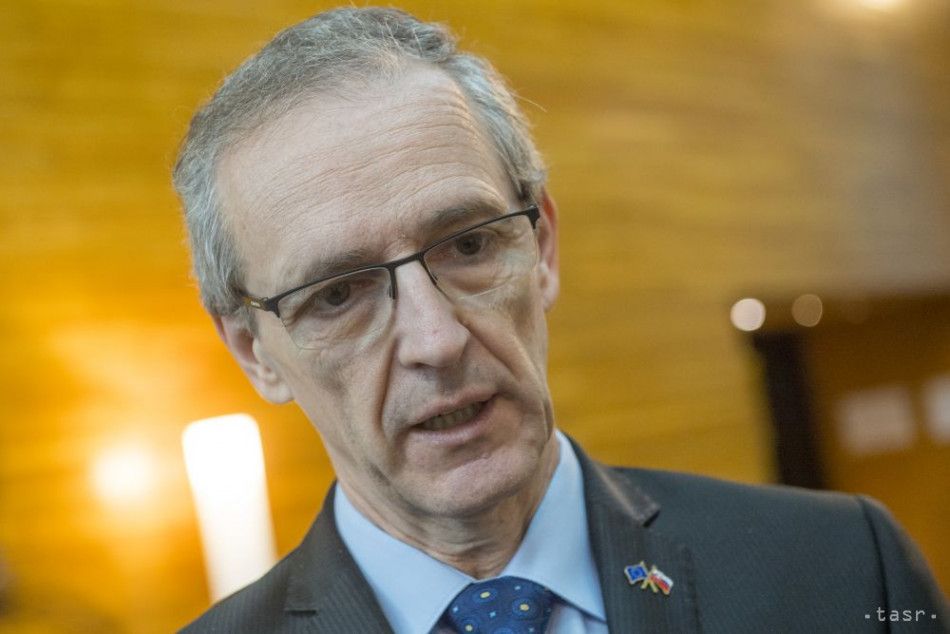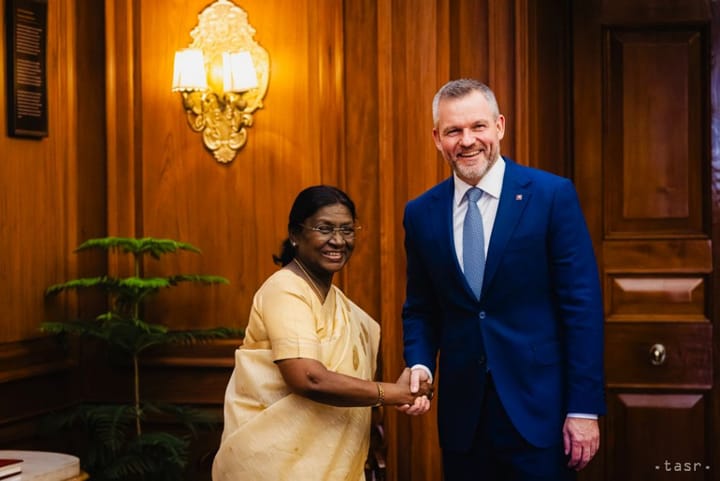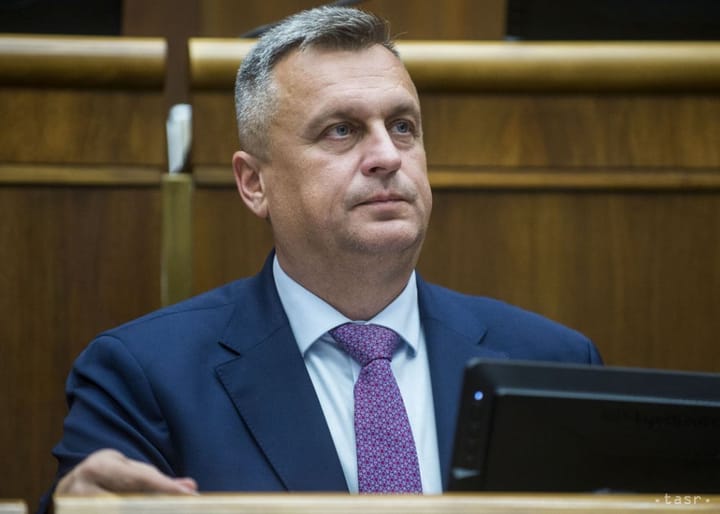KDH Would View Deepening of Slovaks' Interest in EU Issues as Success of CoFoE

Bratislava, June 8 (TASR) – The extra-parliamentary Christian Democratic Movement (KDH) would consider the deepening of Slovak citizens’ interest in European issues to be a success of the Conference on the Future of Europe (CoFoE), which might reflect in higher turnout in the EP elections.
The party praises the conference, as it offered a possibility to discuss citizens’ views of the future of Europe. “People expect specific solutions that must be sought and brought by their political representatives, both national and European,” said KDH, adding that the CoFoE should help move the whole of Europe forward. “It doesn’t apply solely to EU institutions,” stressed the party.
KDH noted that 49 recommendations and 300 measures came out of the CoFoE. “Strict adherence to the principle of subsidiarity is crucial when taking them into account. This means the division of powers between EU institutions and member states as it has been enacted in the founding treaties. We see undue efforts to redistribute powers in some conclusions. KDH vehemently opposes interference with the exclusive powers of member states,” stated the party.
Concerning demands, KDH points to, for example, green transformation. The party believes it must take into account social impacts. “Steps leading to a green economy often put a disproportionate burden on small and medium-sized enterprises,” stated the party, adding that citizens also demand social issues be addressed. However, many of them fall under the competence of individual member states, stressed KDH.
KDH also highlighted the issue of the dual food quality. “All citizens of the EU must have the same-quality food on their tables. Slovakia needs to take steps to be more self-sufficient in food production. It is important from both environmental and safety points of view,” emphasised KDH.
However, the party disagrees with the recommendation regarding EP elections that supports a so-called Pan-European district for the EP elections. “Such a reform would be disadvantageous for smaller EU member states and would bring non-transparency into the issue of MEPs’ mandates themselves,” explained KDH.



